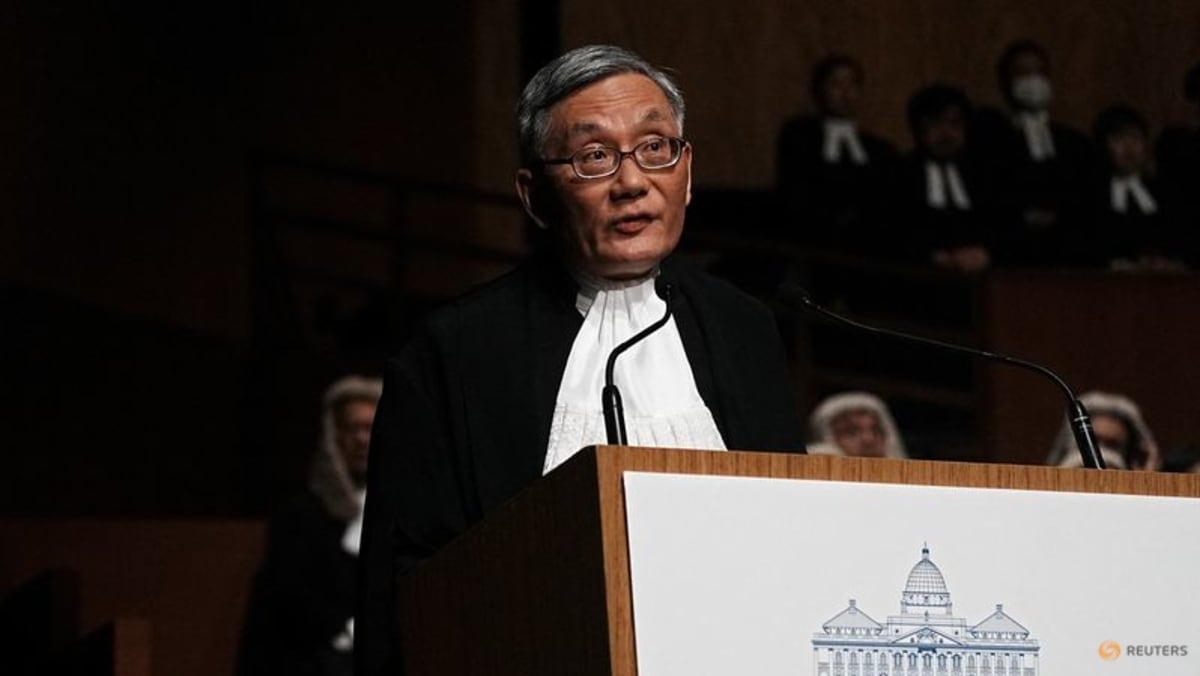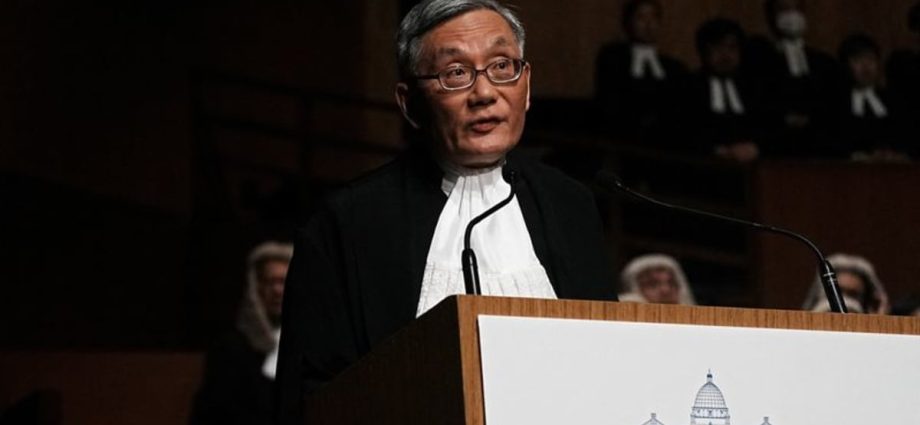
Businessman and democracy advocate Lai, 76, a leading critic of the Chinese Communist Party, has pleaded not guilty to charges that he endangered China’s national security by colluding with foreign forces.
The ongoing trial of the tabloid media tycoon, a British national, is being closely watched by diplomats and human rights groups.
Britain has stepped up its expressions of concern and British Foreign Secretary David Cameron explicitly called for Lai’s release as his trial opened in December.
Cheung said later he could not comment on individual cases, including that of Lai.
United States officials have also called for Lai’s release, while a bipartisan group of US lawmakers introduced a bill in November to sanction Hong Kong judges and officials involved with national security prosecutions.
The Lai case is seen by some foreign envoys, scholars and local lawyers as a key test for the city’s judicial independence and freedoms under the sweeping national security law imposed by China in 2020.
Chinese and Hong Kong officials say the new law was vital to restore stability after months of pro-democracy protests rocked city in 2019.
“Threats of sanction or reprisal against judges for simply discharging their judicial duties are … repugnant to the rule of law and fundamentally objectionable,” Cheung told his audience, many of whom were clad in traditional gowns and horsehair wigs – the courtroom garb that reflects Hong Kong’s on-going ties to the British-based common law system.
Cheung presides over a 17-judge top court, which includes in 10 leading jurists from Australia, Britain and Canada.
When asked if he remained confident he would still be able to attract top foreign judges to the court amid Western criticism and scrutiny, Cheung said he was still actively recruiting top judges from within the common law.
Their past contributions had been clear and substantial, he said.

